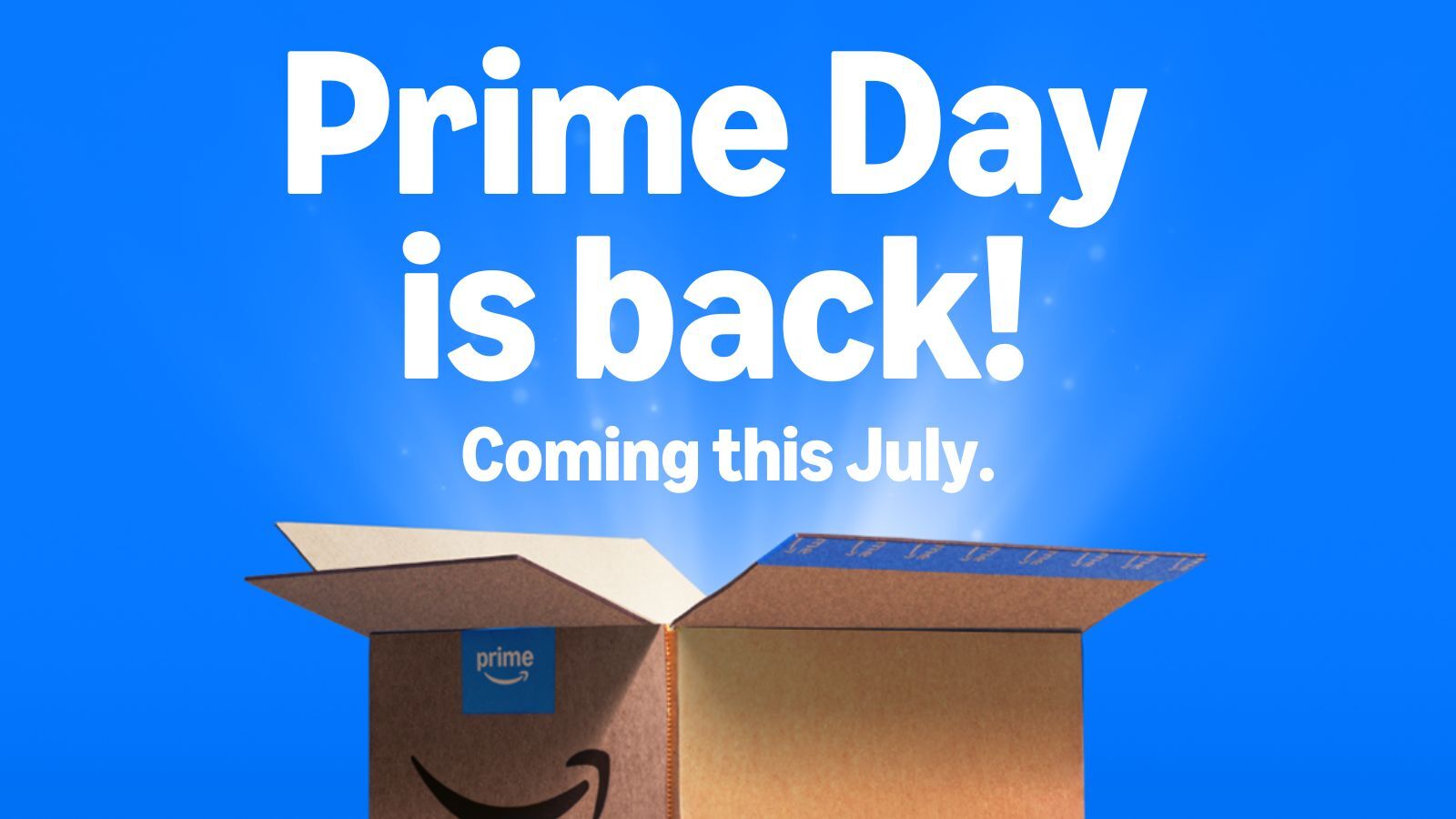
Prime Day Pop Off

We’ve made it to the end of Prime Day, futurists.
Another midsummer sales saga is just about done, and we can’t say we’ll miss the onslaught of algorithmic urgency filled with “can’t miss this” listicles and influencers narrating their carts in real time.
Amazon has seen year-over-year sales increases since Prime Day’s start, encouraging its ballooning into a full-blown shopping ritual spanning several workdays. Sure, early data reports more of the same sales surges this year (more on that below), but the dynamics driving why and how people are shopping this year are especially nuanced.
Consumers are not just thinking about what they need now, or even for the first semester of the school year. They’re thinking a full year ahead as shifting tariff deadlines continue to create a longtail of economic tension and anxiety. For instance, a recent CNET survey found that 64% of shoppers have bought or plan to buy tech products soon to avoid price increases or shortages. Smartphones and laptops are the devices Americans are most worried about, creating a clear incentive for them to “add-to-cart” during the peak back-to-school sale period.
This month’s Word of Mouth Index update tells a similar story: chatter around consumer electronics remains high (24%), while sporting goods (23%) and specialty retail (23%) have seen a notable boost month over month. Surprisingly, health and beauty has garnered the lowest word-of-mouth share of all product categories (17%) despite social media’s chokehold on “Sephora Kids.”
Want to see how your brand’s buzz compares? Future Commerce Plus members get anytime, anywhere access to our Word of Mouth Index, as well as our deep-dive coverage on policy, category trends, emerging tech, and more.
— Alicia


Prime Time? US eCommerce sales jumped 9.9% year over year on Tuesday, aligned with the official kickoff of Amazon’s Prime Day sale event, according to Adobe Analytics. The company expects online sales to reach $23.8B across all retailers during the event, including Target, Walmart, and Best Buy, which are holding their own competing sales events.
Despite early reports from Momentum Commerce that Amazon’s Prime Day sales were down, an Amazon rep told Axios that the numbers were “highly inaccurate” and not representative of all the data. We’ll track final numbers as they trickle in and share more thoughts on what these summer sales events mean as we inch closer to Holiday 2025.
Patriotic Posturing. The FTC is cracking down on false “Made in the USA” claims. Six companies have received warning letters for promoting items as domestically manufactured when, in reality, they were at least partly imported, which violates the FTC’s “all or virtually all” rule for these claims. Violators at the top of the list? Amazon and Walmart. With their vast network of seller partners, these eCommerce giants are being called out for deceptive labeling practices. The FTC is calling on them to better manage their sellers and monitor how products are being marketed on their platforms. In the era of tariffs and transparency, authenticity is more than a marketing move to win over customers; it’s a legal mandate.
In other FTC news, a federal appellate court has officially struck down its Click-to-Cancel rule, which aimed to help consumers easily cancel subscriptions. The rule was initially adopted in October 2024 and would’ve taken effect next week, but a panel has sided with the Interactive Advertising Bureau (IAB) and other plaintiffs who challenged that the rule would cause “irreparable harm” to businesses.

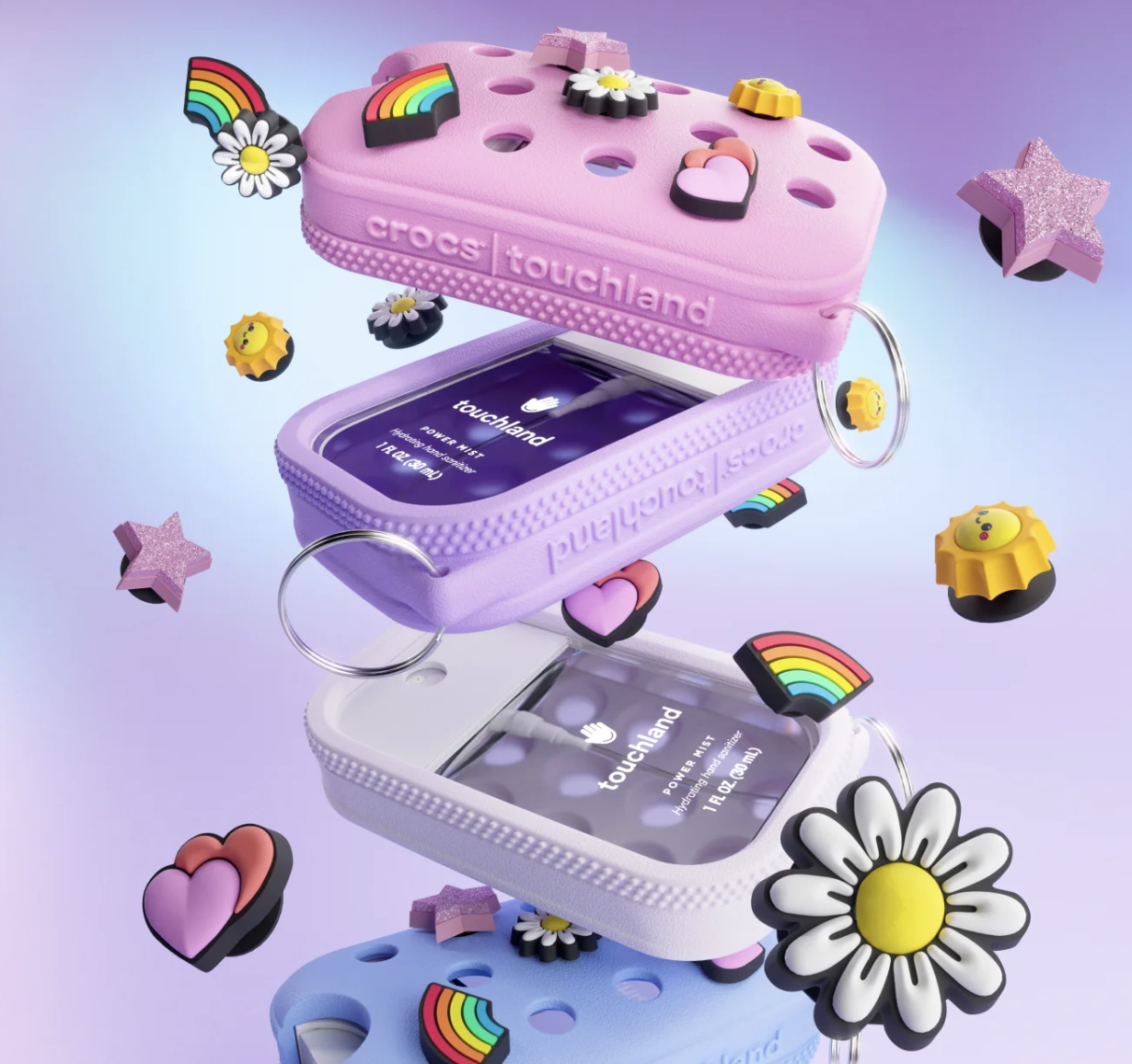
Sanitized, Accessorized, Monetized. Touchland and Crocs, both purveyors of hyper-specific, absurdist collabs, are coming together to, well, do more of the same. Later this month, the companies are releasing two new Touchland hand sanitizer scents, Berry Bliss and Beach Coco ($10 each), as well as an assortment of Croc-themed accessories to adorn them: a hand mist case in four color options (retailing for $20 each) and five themed Jibbitz, selling for $4.99 each, to complete the look. Yes, even your hand sanitizer can now wear Crocs.
Our Take: Both Touchland and Crocs have made quirky collabs their business, and have harnessed pop culture trends and prominent figures to drum up customer urgency and desire. They have leveraged cultural connection and identity as a product feature, but the power is in the scarcity, with most collections available in limited quantities. If you miss it, you miss out.
Touchland and Crocs are both fixtures for Gen Alpha and Gen Z consumers; functional flexes for the comfort era. That makes this collab a powerful entry point for new customers, and is a great way for both brands to garner bigger baskets from existing ones. Consider this: if a consumer wants to buy the full collection, it’ll cost them $124.95 (tax not included), which turns their “little treat” into quite a significant investment. Welcome to a new era of C.A.R.L.Y., where even your hand sanitizer is a status flex.

Sweet Tooth Meets Cereal Bowl. Ferrero will soon have breakfast food in its brand empire. The Italian confectionery titan, which is the parent company of Nutella, Ferrero Rocher, and Blue Bunny, is buying WK Kellogg in a deal valued at $3.1B. The acquisition furthers Ferrero’s US expansion and gives it a major foothold in the cereal aisle via well-known brands like Froot Loops and Frosted Flakes. The acquisition has got the market in a tizzy: WK Kellogg shares jumped more than 50% when reports of the purchase started trickling out.
Our Take: WK Kellogg spun off from Kellogg Company in 2023 and has continued to struggle with sales slumps and ingredient scrutiny. The formation of food subcultures, from vegan to high-protein to keto, has caused significant fragmentation in the breakfast cereal market. And DTC turned wholesale players like Magic Spoon, Three Wishes, Seven Sundays, and others, have made the cereal aisle a lot more competitive. Would Ferrero’s possible rebranding on breakfast be a boon for Tony the Tiger and Toucan Sam? We’ll have to wait and see.
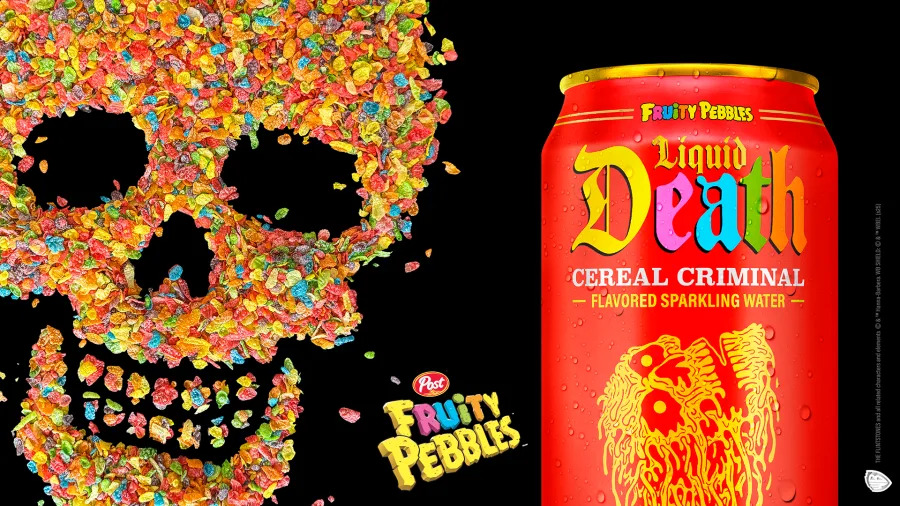
Metal, It’s What’s for Breakfast. Liquid Death, the punk-rock beverage brand known for names like Mango Chainsaw and Dead Billionaire and for masterfully trolling Arizona Iced Tea, is tapping into the nostalgia market with its most chaotic partnership yet: Cereal Criminal, a concoction crafted with Fruity Pebbles. With only 15 calories and 3g of sugar, Cereal Criminal supposedly tastes like the sugary milk at the bottom of your Fruity Pebbles bowl; a taste that will invoke such a sweet feeling of nostalgia you’ll want to punch yourself in the face. The limited-edition drop is currently available in select Walmart stores and will be on Amazon starting July 18, with six packs costing around $7.99 and 12 packs for $14.99.

OpenAI Goes Chrome. OpenAI is reportedly preparing to launch its own AI-powered web browser, a move that would place it in direct competition with Google Chrome and give it a front-row seat to users’ digital behavior. The browser, said to be dropping in the coming weeks, will feature a built-in chat interface and integrate with Operator, the company’s web-browsing AI agent, which will allow users to stay inside ChatGPT rather than venturing out to third-party websites.









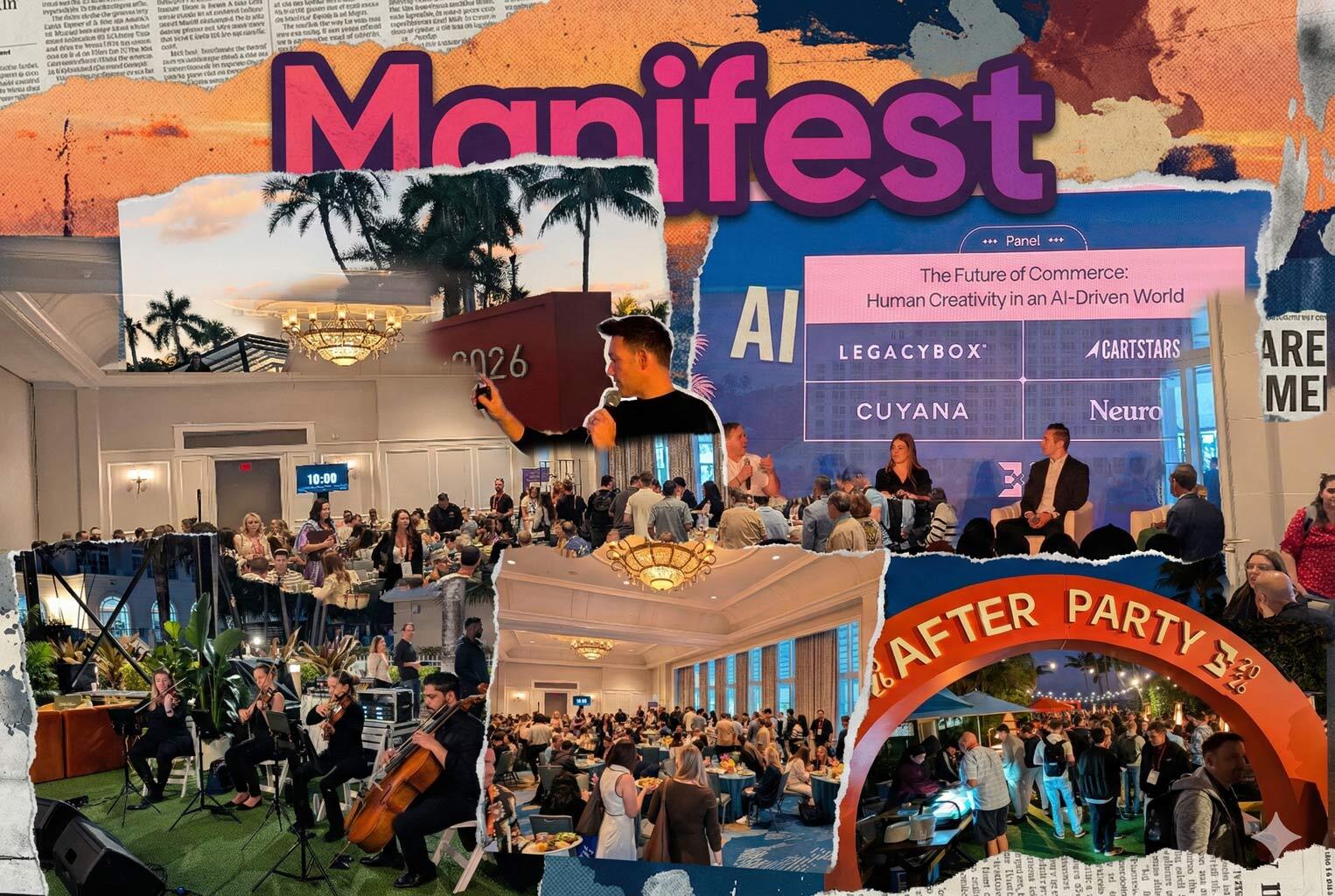
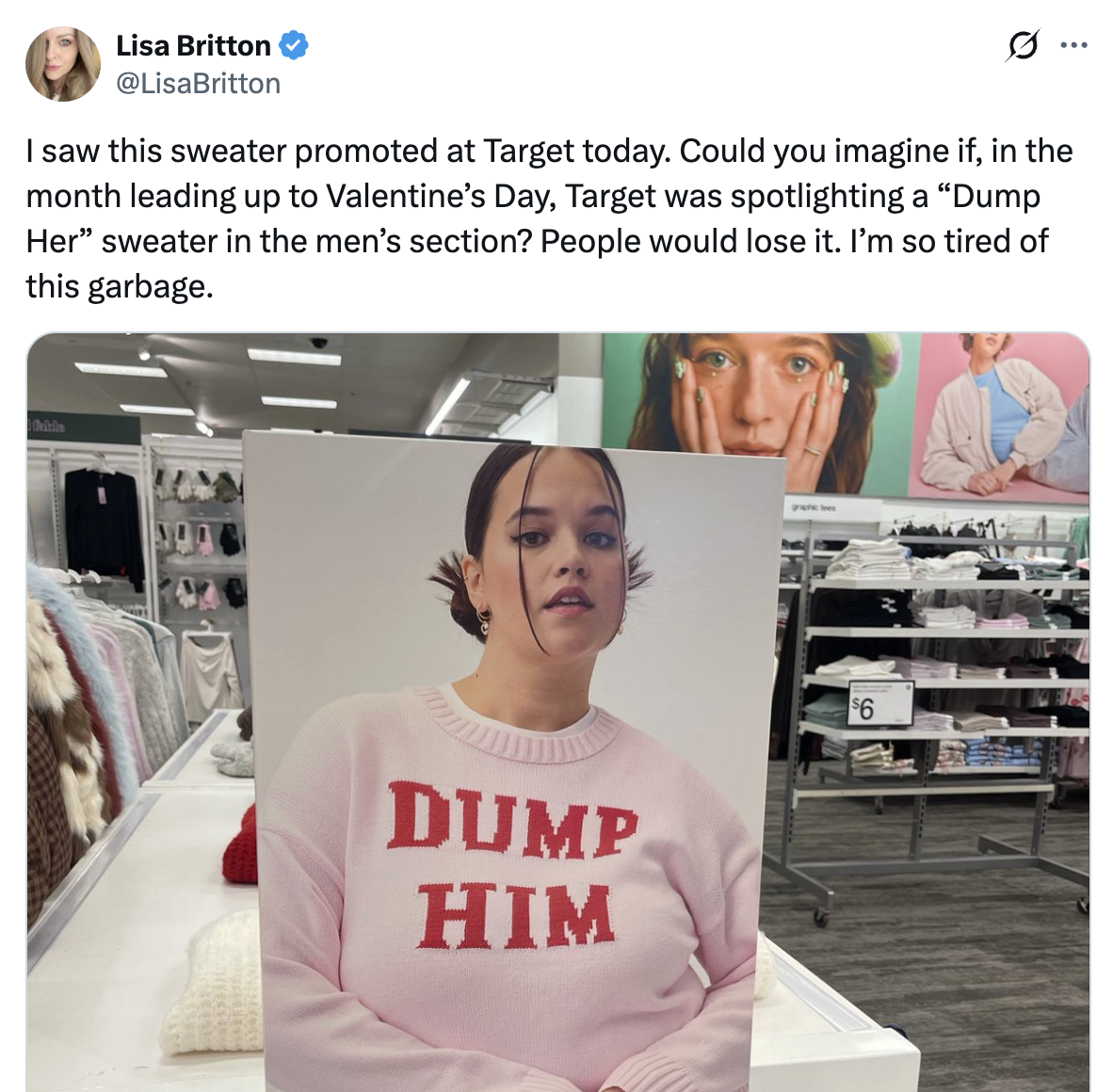
.svg)
